The week's best parenting advice: May 18, 2021
Understanding the advance child tax credit, a better way to approach masks for kids, and more


A free daily email with the biggest news stories of the day – and the best features from TheWeek.com
You are now subscribed
Your newsletter sign-up was successful
1. What to know about the advance child tax credit
President Biden announced Monday that eligible parents will soon start getting monthly deposits into their bank accounts, thanks to the advance child tax credit that's part of Biden's $1.9 trillion American Rescue Plan. Payments will come to $300 per month for each child age 6 and under; $250 for kids ages 6 to 17. The money should land in bank accounts on the 15th of each month, with the exception of holidays and weekends, starting in July. Who is eligible? Single parents who make $75,000 or under, heads of households earning up to $112,500, and joint filers who make up to $150,000 a year, CNN reports. This covers about 90 percent of the children in the U.S. and "is expected to cut child poverty nearly in half," CNN reports. Biden also urged Congress to pass the American Families Plan, which would continue the payments through 2025.
2. Are America's mask mandates too strict for little kids?
The CDC last week announced that fully-vaccinated Americans could mostly stop masking and resume pre-pandemic activities. But what does this mean for families with young children? As David Leonhardt notes at The New York Times, immunized parents may be protected, but "children under 12 seem to be months away from being vaccinated." Bonnie Kristian at The Week notes that America's mask rules for young kids are uniquely draconian — for example, the cutoff for mask mandates at American airports and on U.S. airlines is age two. She argues that kids under age 12 should be exempt from all mask mandates, "which is exactly what the World Health Organization (WHO) recommends. For this demographic, pandemic risks are very low." If that's too much to ask, "make kindergarten the cutoff," she says. "A child too young to go to school is too young to wear a mask."
The Week
Escape your echo chamber. Get the facts behind the news, plus analysis from multiple perspectives.

Sign up for The Week's Free Newsletters
From our morning news briefing to a weekly Good News Newsletter, get the best of The Week delivered directly to your inbox.
From our morning news briefing to a weekly Good News Newsletter, get the best of The Week delivered directly to your inbox.
3. Breast is best?
A recent study found "alarming" levels of toxic chemicals in American women's breast milk, and the researchers say the findings are "cause for concern," The Guardian reports. The study looked for "per and polyfluoroalkyl substances" — PFAS for short — which are compounds used in various kinds of packaging, clothing, and coating. These compounds have been linked to health problems including cancer, thyroid disease, and birth defects, The Guardian reports. So what are they doing in breast milk? PFAS don't break down naturally and therefore actually build up in humans. The levels discovered were shocking: While the Department of Health and Human Services recommends no more than 14 parts per trillion (ppt) in kids' drinking water, the study found PFAS levels in breast milk ranging from 50ppt to nearly 2,000ppt. The sample size was small, and it's not clear how exactly PFAS affect newborns, but the authors suggest pregnant women and mothers try to avoid greaseproof carryout food packaging, fabric protectors and waterproof clothing, and non-stick cooking tools, The Guardian reports.
Environmental Science and Technology The Guardian
4. How to have the 'gun talk'
Guns are extremely common in the U.S. Forty-four percent of Americans live in a gun household, according to Pew. Even if you don't own a gun yourself, your children will, at some point, be in a house where one is present. That's why it's important to have what Patrick Hayes at Lifehacker calls the "gun talk" with other parents. Key questions might include: "Do you have loaded guns in your home?" "Is ammunition stored separately?" "Do you use child-resistant locks?" Asking these kinds of questions might feel awkward at first, or even confrontational, but research shows "gun owners and non-gun owners actually have more closely aligned views than you might expect when it comes to things like gun safety and regulation," writes Hayes. And the consequences of not asking could be deadly: It's not uncommon for a firearm to be kept loaded, and data suggests as many as 40 percent of gun owners may not be securing their firearms properly, Hayes reports. "The topic is vital to protecting children and shouldn't be taboo among parents."
A free daily email with the biggest news stories of the day – and the best features from TheWeek.com
5. The valuable lessons of conflict
It never feels good to yell at the kids in a moment of frustration. Inevitably, when the moment passes, parents feel guilt and shame for verbally lashing out. But Emily Edlynn at The Washington Post recommends parents cut themselves some slack. Yelling happens, she says, and it's unrealistic to expect yourself never to snap. In fact, "a regrettable moment can become an opportunity to model positive conflict-resolution behaviors." Conflict within the family "serves important developmental functions," but only if the conflict is resolved and repaired. "If we can admit to our child that we were frustrated and that we feel badly about yelling, this allows for the diffusion of the negative emotion — and for the all-important hug to close out the interaction with warmth," Edlynn says.
Jessica Hullinger is a writer and former deputy editor of The Week Digital. Originally from the American Midwest, she completed a degree in journalism at Indiana University Bloomington before relocating to New York City, where she pursued a career in media. After joining The Week as an intern in 2010, she served as the title’s audience development manager, senior editor and deputy editor, as well as a regular guest on “The Week Unwrapped” podcast. Her writing has featured in other publications including Popular Science, Fast Company, Fortune, and Self magazine, and she loves covering science and climate-related issues.
-
 Properties of the week: pretty thatched cottages
Properties of the week: pretty thatched cottagesThe Week Recommends Featuring homes in West Sussex, Dorset and Suffolk
-
 The week’s best photos
The week’s best photosIn Pictures An explosive meal, a carnival of joy, and more
-
 The ‘ravenous’ demand for Cornish minerals
The ‘ravenous’ demand for Cornish mineralsUnder the Radar Growing need for critical minerals to power tech has intensified ‘appetite’ for lithium, which could be a ‘huge boon’ for local economy
-
 Scientists are worried about amoebas
Scientists are worried about amoebasUnder the radar Small and very mighty
-
 Metal-based compounds may be the future of antibiotics
Metal-based compounds may be the future of antibioticsUnder the radar Robots can help develop them
-
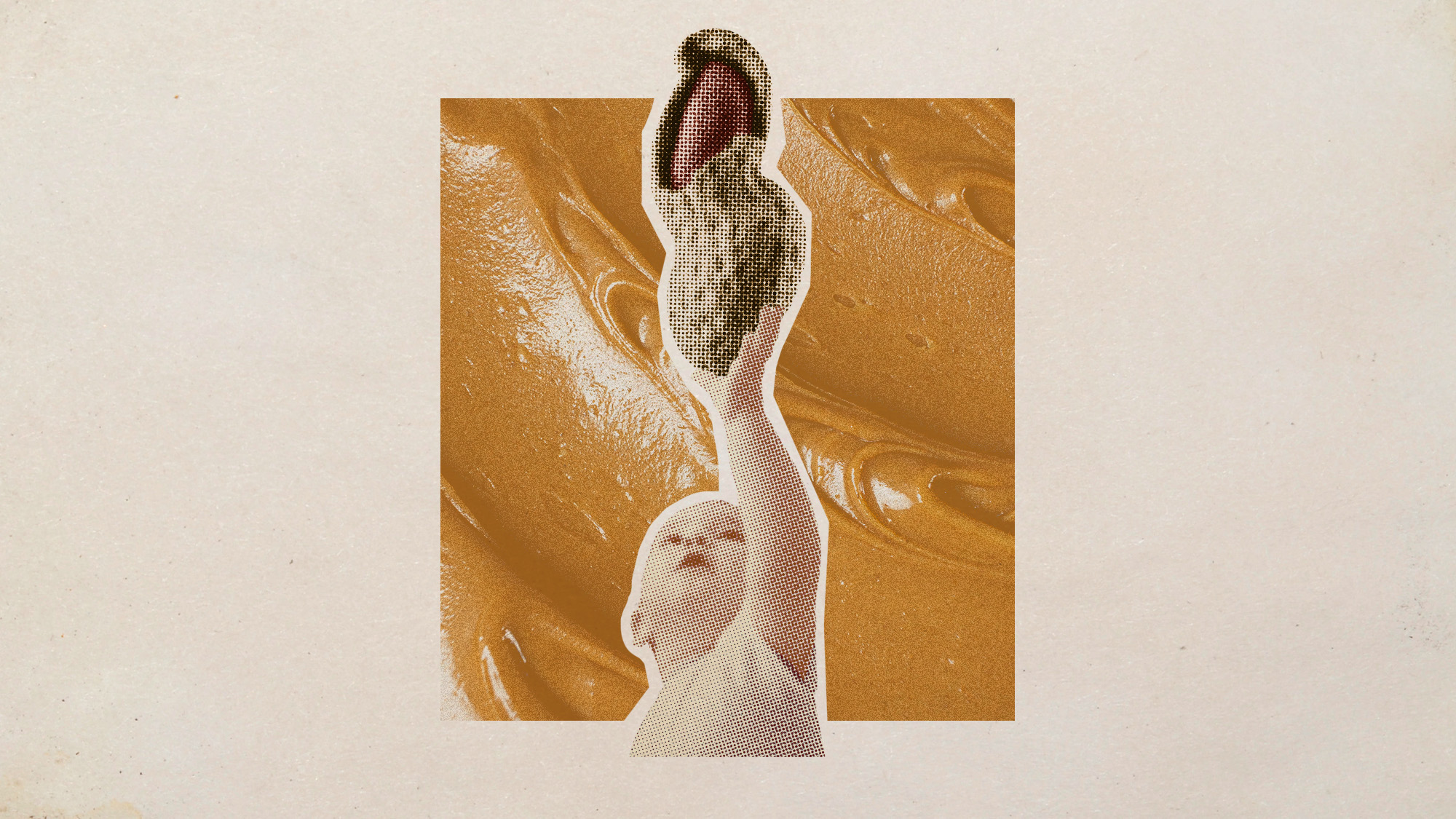 Peanut allergies have plummeted in children
Peanut allergies have plummeted in childrenUnder the radar Early introduction could be an effective prevention method
-
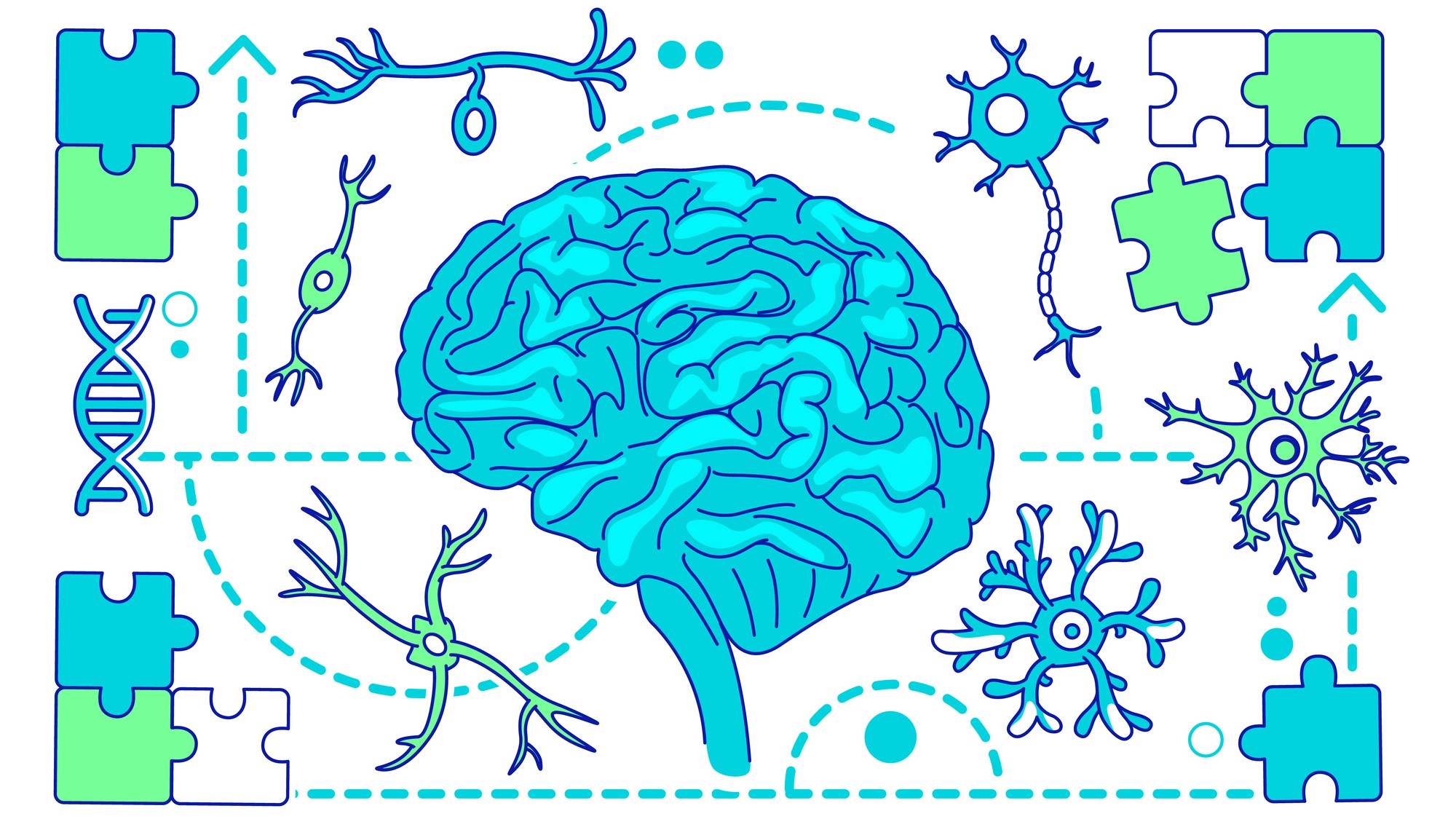 Human evolution may be responsible for autism rates
Human evolution may be responsible for autism ratesUnder the radar Neurodiversity and a complex brain may go hand in hand
-
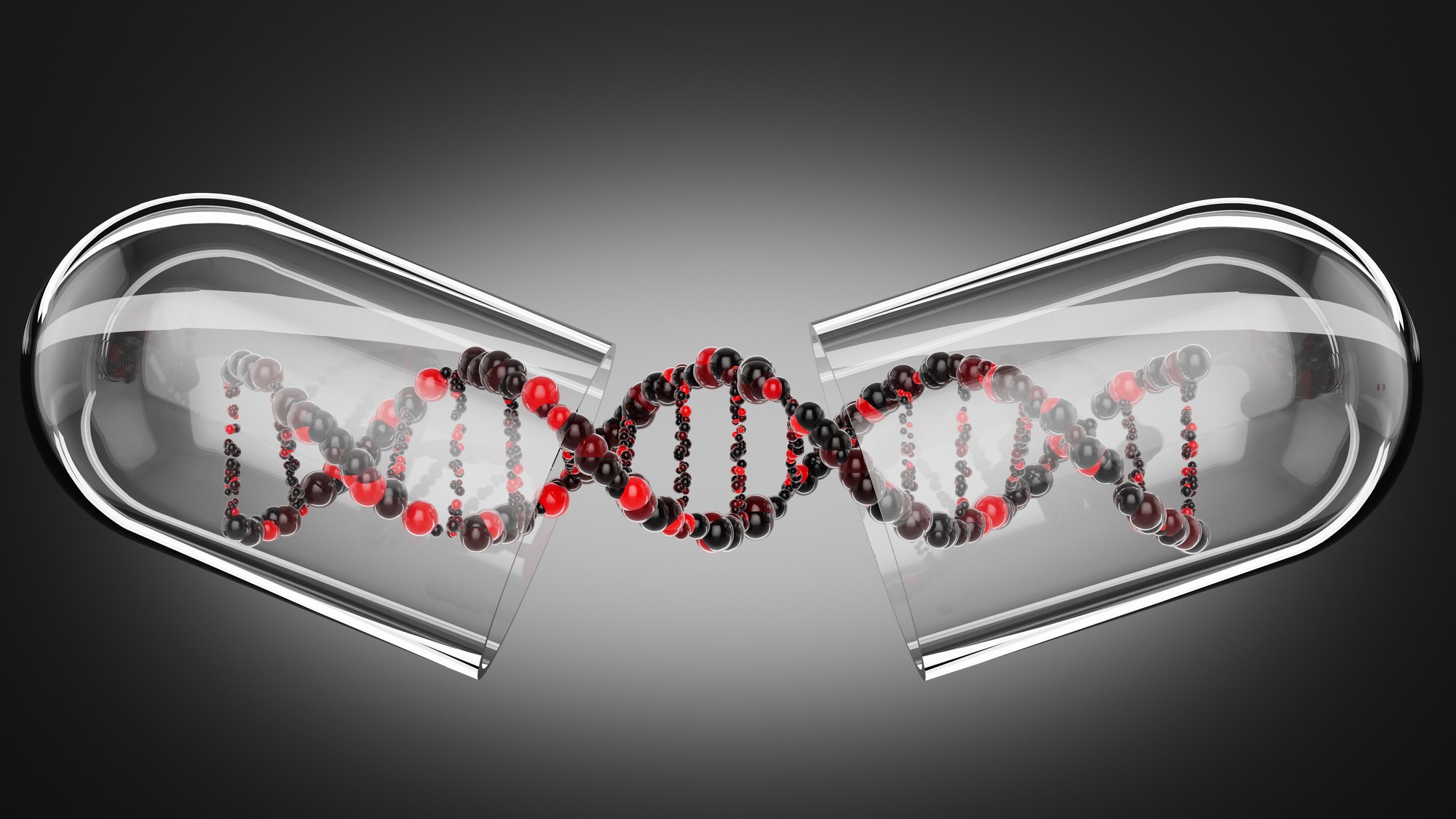 Scientists are speeding up evolution
Scientists are speeding up evolutionUnder the radar Proteins can evolve in minutes
-
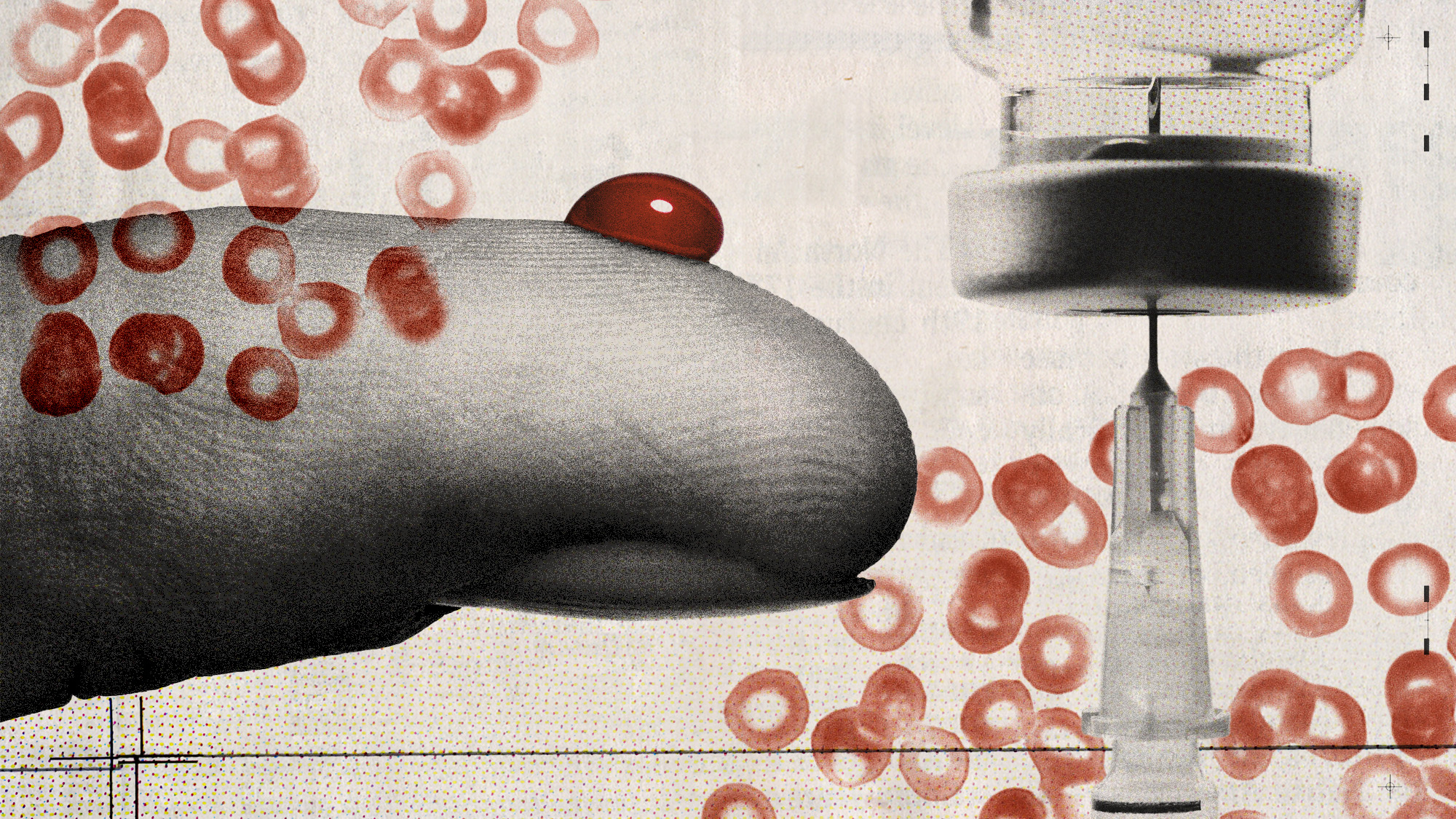 A new subtype of diabetes was found and it may require different treatment
A new subtype of diabetes was found and it may require different treatmentUnder the radar It is prevalent in Black Africans and Americans
-
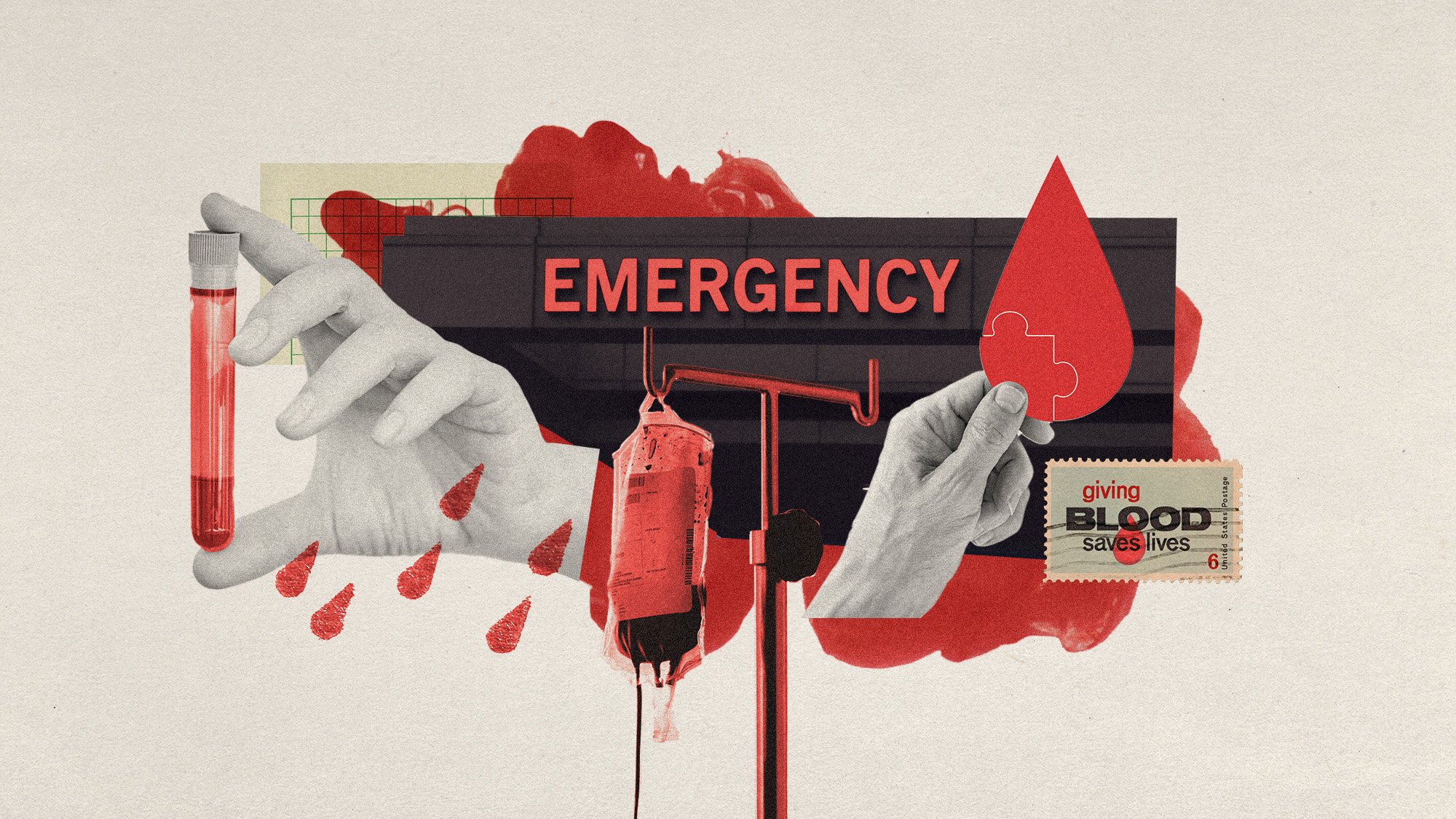 Scientists are developing artificial blood for use in emergencies
Scientists are developing artificial blood for use in emergenciesUnder the radar It could aid in global blood shortages
-
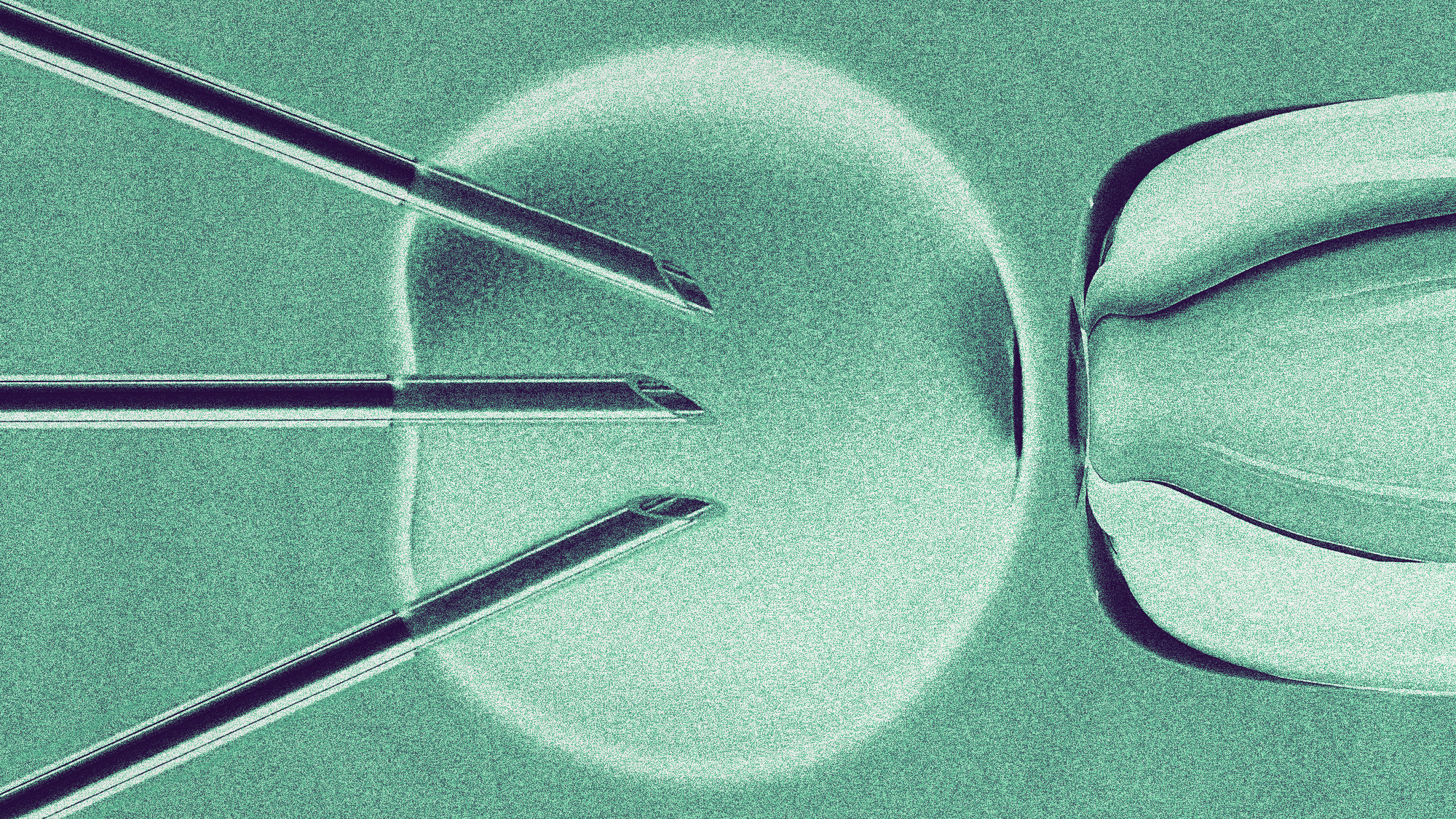 Babies born using 3 people's DNA lack hereditary disease
Babies born using 3 people's DNA lack hereditary diseaseUnder the Radar The method could eliminate mutations for future generations
